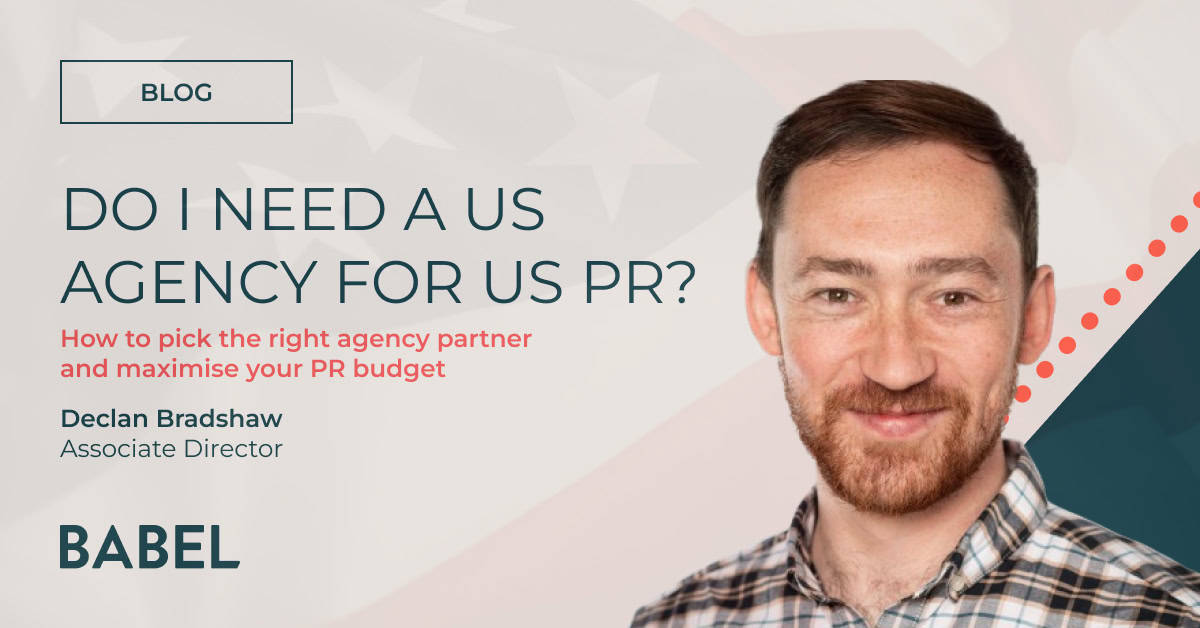
It’s time we start talking about mental health
In late February, PR Week published a report with some pretty alarming results. According to the 18-page document, produced by CIPR president elect Sarah Hall and Ketchum’s Stephen Waddington, mental illness is either ignored or treated as a performance or line management issue within the PR industry.
The 2017 #FuturePRoof report interviewed 120 PR practitioners to get anecdotal feedback on their experiences with mental health. Fifty-seven percent of those interviewed said they would feel uncomfortable or very uncomfortable discussing their mental health in the workplace.
The interviews also unearthed one disappointing instance of mental health being cited as grounds for dismissal. The main factors identified as impacting employees’ mental health included the ‘always on’ culture, long hours, deadlines, office politics and poor management.
In the very same PR Week article on the #FuturePRoof report, readers were reminded of an earlier study commissioned by PR Week and the PRCA just two years ago. It found that 60% of PR practitioners would not discuss a mental health issue in the workplace. OK, so we seem to have reduced that to 57% in this latest study, but this figure is still shockingly high. Perhaps an even more worrying statistic is that, according to the report, mental health issues are more prevalent among PR practitioners when compared to the national average (as many as one in three people, compared to the national average of one in four).
Why, as an industry that prides itself on and profits from its ability to communicate complex issues to numerous stakeholders, do we have a problem talking about something as pertinent and as deeply serious as mental health? Why are PR practitioners seemingly more susceptible to mental health issues than other industries?
A keen psychology student when I was younger, the history of mental health and its portrayal in modern media – be it journalism, TV, film or literature – has always fascinated me. The Science Museum gives a great snapshot into the history of the field from the 1900s to today, and while the English language has certainly evolved with regards to how it approaches the topic, still not enough is being done to help people feel comfortable about and open to discussing their mental health.
People usually have no problem openly admitting to feeling physically ill, or even seriously ill – because, that’s just biology, it’s fact, and it’s science. However, people are less inclined to talk about whether they are stressed or believe they might be depressed. It’s my belief that this is because mental health problems can be seen by some as a weakness, not as tangible as a broken foot or the flu. Some would wrongly suggest that it’s subjective and it’s relative. A broken foot is a broken foot, and will be the same ailment regardless of the person. Yet stress or depression, and people’s ability to cope, depend on the tools or support that an individual has available to them. It’s personal and it’s private and people don’t want to share in case they are judged or treated differently.
It’s unfortunate to say, but you only have to read the paper today to see the amount of people who succumb to mental health problems on a daily basis. While the #FuturePRoof report highlighted the huge costs in lost working hours and staff turnover, we’re missing the point. We need to remove stigma and help people overcome issues so they can live healthier and happier lives.
Luckily, there are many support groups, organisations and charities helping to put an end to the stigma, such as Time to Change, See Me and Mind. However, those organisations can only do so much. It’s time businesses of all sizes across all sectors took more responsibility for how they treat and support staff, by adopting more formal and considerate approaches to addressing mental health.
Whether this is introducing training so management staff can better help staff with problems, including mental health in company policies and procedures to encourage employees to discuss problems, or even bringing in external support when needed, we need to start creating safe environments for all employees. It’s time we started talking about mental health, not just paying lip service to the issue. We can all do our part, but we need to face the problem head on.





